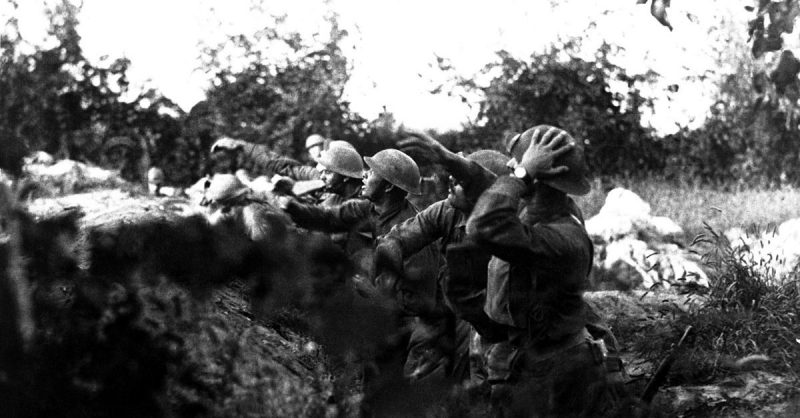More than 300 pieces of military-grade ordnance were found along the Jersey shore. Each piece was no bigger than a tube of ChapStick.
They were found in the beach towns of Loch Arbour, Allenhurst and Deal. After Sandy had devastated the coastline, the US Army Corps of Engineers (USACE) began a storm risk management project in 2015. What the USACE didn’t realize is that sand pumped onto the shores as part of the project was filled with fusing elements from World War I-era artillery.
In December of 2016, the Baltimore District, specializing in the safe disposal of munitions and explosives, began helping with the removal of the devices.
According to Baltimore District spokesman Chris Gardner, they have been sifting the sand as it is pumped on the beach in order to prevent any more ordnance being placed on the beach.
362 fusing components were found during a three-month period, ending in the first week of March. Most of the components found were boosters.
There are four components to a basic artillery round. Boosters are the explosive agent. Even though they are small, they can still be dangerous.
Once the components were collected, they were taken to Joint Base McGuire-Dix-Lakehurst to be safely detonated.
329 boosters were destroyed by the 87th Explosive Ordnance Disposal unit on March 2.
Staff Sergeant Caitlin Jones said that their team is trained to retrieve and dispose of these types of items safely.
According to Gardner, crews spent time from December and March sifting through the sand, digging down ten feet in some areas. They also used metal detectors on the beaches and instruments that allowed them to search the surf zone in the ocean, The Two River Times reported.
Gardner has speculated that the ordnance was thrown overboard when it was no longer needed after WWI. There is no known origin for the boosters or known explanation for why they were dumped in the ocean.
